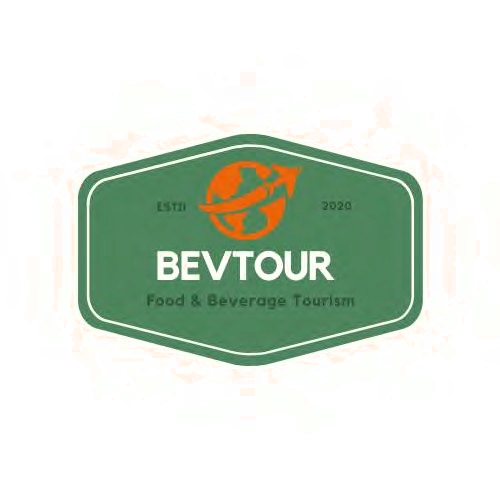Gastro-tourism, culinary tourism or food and beverage tourism is the exploration of food/beverage as the purpose of tourism. It is now considered a vital component of the tourism experience. Dining out is common among tourists and “food is believed to rank alongside climate, accommodation, and scenery” in importance to tourists. Food/Beverage Tourism is ‘the act of travelling for a taste of place to get a sense of place’ Erik Wolf, Executive Director World Food Travel Association.
Gastro-tourism, a niche that attracts billions in revenue worldwide, involves intentional pursuits of authentic memorable culinary experiences while travelling internationally, regionally or locally. For gastro-tourists, food/beverage is the motivation for travel; the locations merely functions as vehicles for gastronomic experiences (food-related-activities that involve behind-the-scenes observations, cultural/regional illuminations and often hands-on participation, culminating in partaking food or drink.)
• 7.2 travellers choose a destination by its food and drink*
• 53% of all travellers are ‘culinary’ travellers*
• 49% of all travellers are beverage travellers*
• 80% of travellers research food and drink while they are visiting a destination*
(* source World Food Travel Association)
The fact that Food and Beverage helps to underline and strengthen local and regional identity is an important point for tourism development. Tourists are often in search of some kind of regional specificity or ‘authenticity. Top Tourism Industry Benefits include sustainable, respectful, and educated visitors. Increased media coverage including social media influencers and food and travel bloggers. Increase in tax revenue allocated to government authorities. Increased community awareness and pride in local culinary cultures. Increased benefits to local economy in terms of tourism spend, local agriculture and employment.
The BevTOUR project results will help food and beverage producers, and the support organisations and intermediaries in this sector all over Europe to understand the potential benefits of Food and Beverage Tourism to their own business, and to the wider region. It will help them to understand what is possible in terms of developing their tourism potential through best practice cases from around Europe.
The results include;
• Project Platform (website/app)
• A handbook detailing best practices case studies in Food and Beverage Tourism from around Europe, and tools and templates to develop and promote a gastro-tourism destination.
• A Tourists Guidebook of Food/Beverage Tourism projects in each partner country, a minimum of 33 projects covering a range of categories of food and beverage including suggested itineraries, recommended stop off points.
The main aims and objectives (impact) of BevTOUR are;
• To increase awareness among artisan food and beverage producers of the economic opportunity presented
• To provide producers and regional intermediaries with the tools to develop their tourism product and marketing strategy
Project partners have the requisite range or skills, experience, expertise and reach to deliver on this important project;
• Strode College United Kingdom
• Mullingar Employment Action Group Ireland
• Inn Training Ltd, United Kingdom
• Dramblys Social Creative Lab, Spain
• Agency for Territorial Marketing, Slovenia
• E-Code, Slovakia
• Eurotracks France
• Med.O.R.O. scarl Italy
• Institute Of Entrepreneurship Development Greece
• Sihtasutus Noored Teaduses Ja Ettevotluses Estonia
• Comparative Research Network EV Germany
• ESE, Ensino Superior Empresarial, LDA (European Business School), Portugal
The management and coordination will be based on the Institute of Project Management system and tools that will ensure the correct information processing and will present clearly the decision making responsibilities and tasks by partner. Project management will be closely interlinked with Quality Assurance, Monitoring & Control and Evaluation processes.
The milestones of the project are summarized as follows:
• Delivery of national reports from all partner jurisdictions, which will be compiled and reviewed with a view to inform the content of the intellectual outputs going forward. These reports will include a minimum 3 best practice case studies from each jurisdiction, minimum 33 in total.
• Shortlisting of the case studies and selection of minimum 11 for the BevTOUR Handbook.
• Compilation, testing, translations and release of the BevTOUR Guidebook, with minimum 33 BevTOUR destinations, itineraries and maps.
• Development of tools, templates and campaign materials for BevTOUR campaigns
• Revision and pilot testing of the intellectual outputs
• Final revision and translation of intellectual outputs followed by publication and ‘official launch’
• Official Launch of the Project Web Platform, the BevTOUR Handbook which will include all project outputs, in 10 languages.
• A series of Multiplier Events















